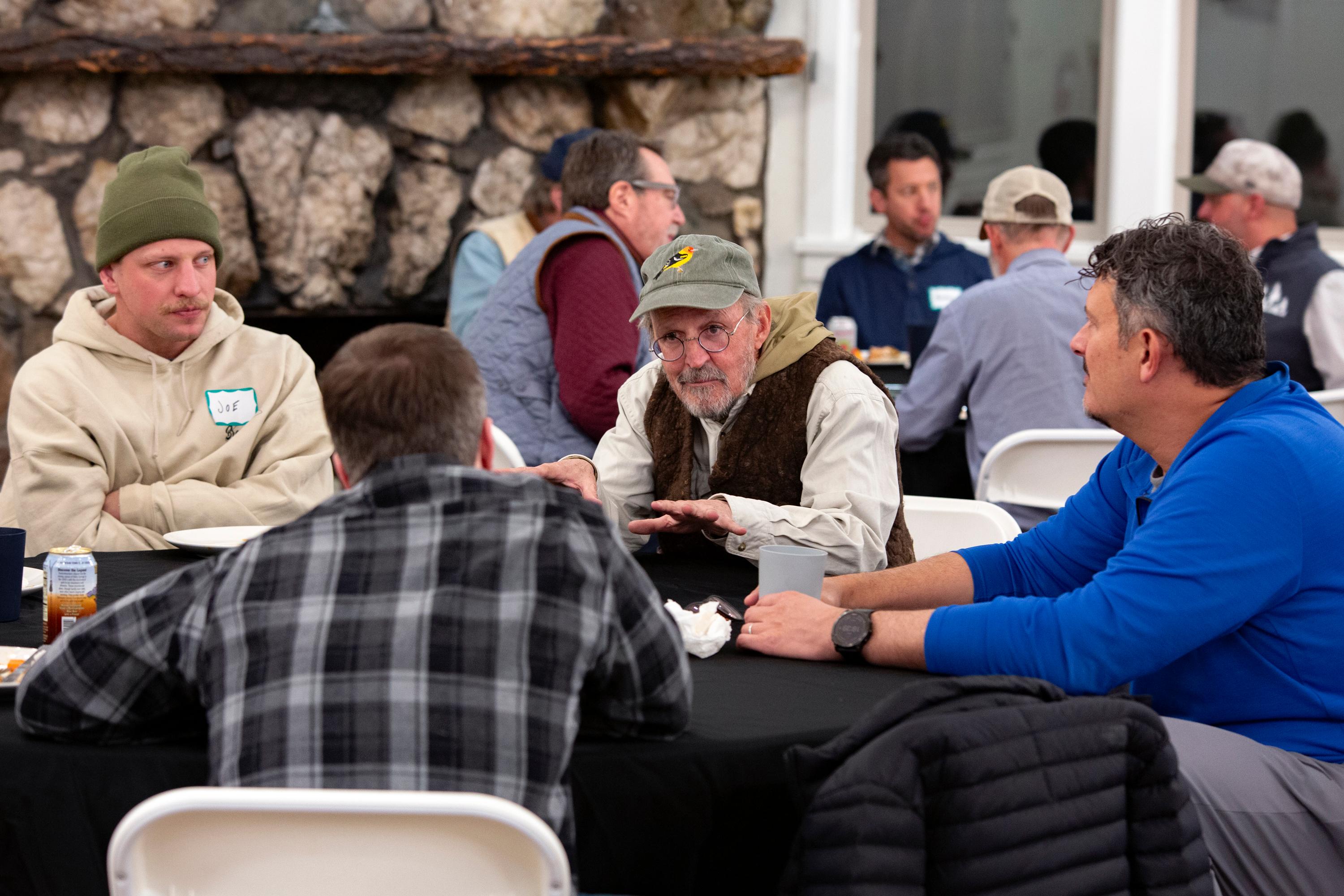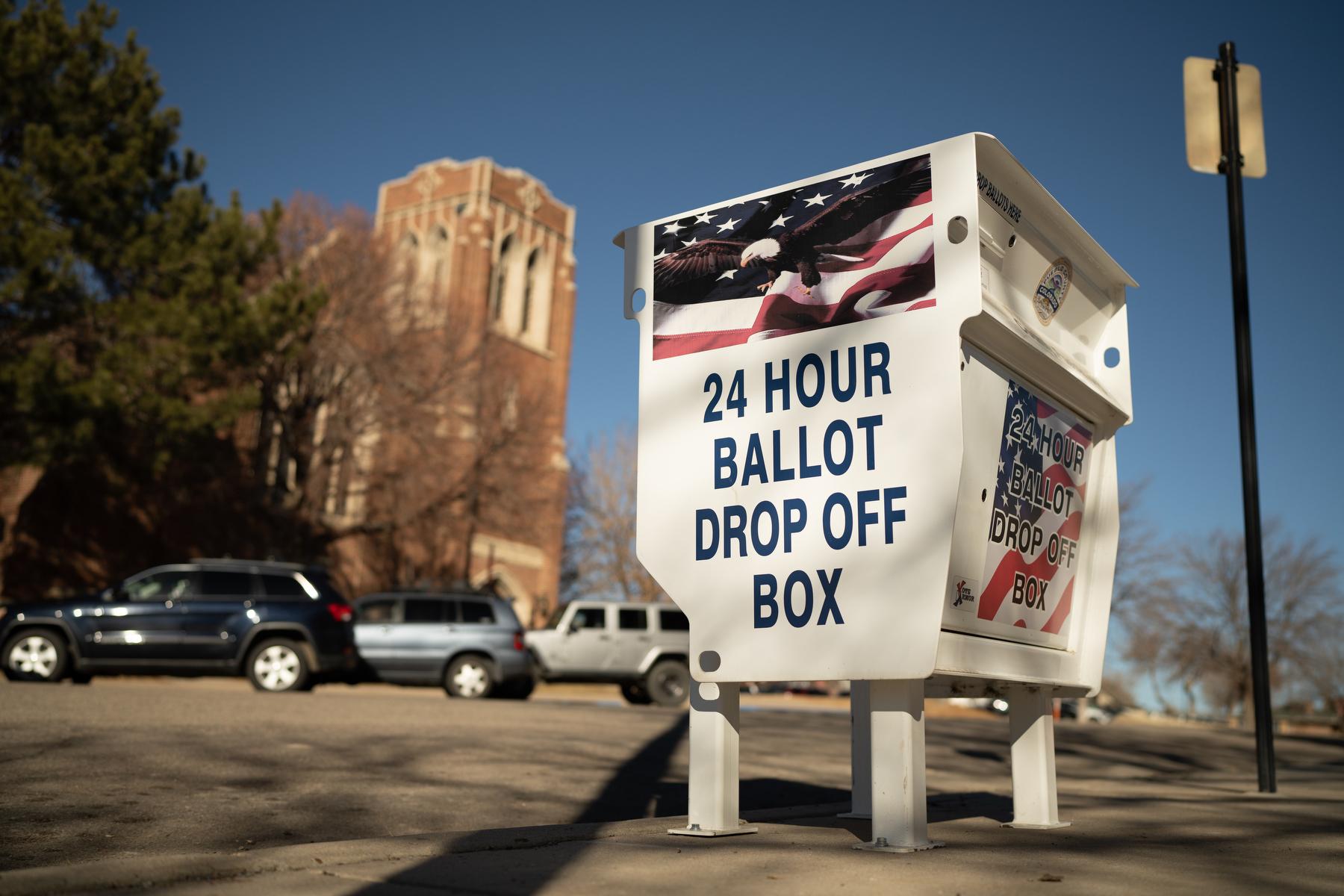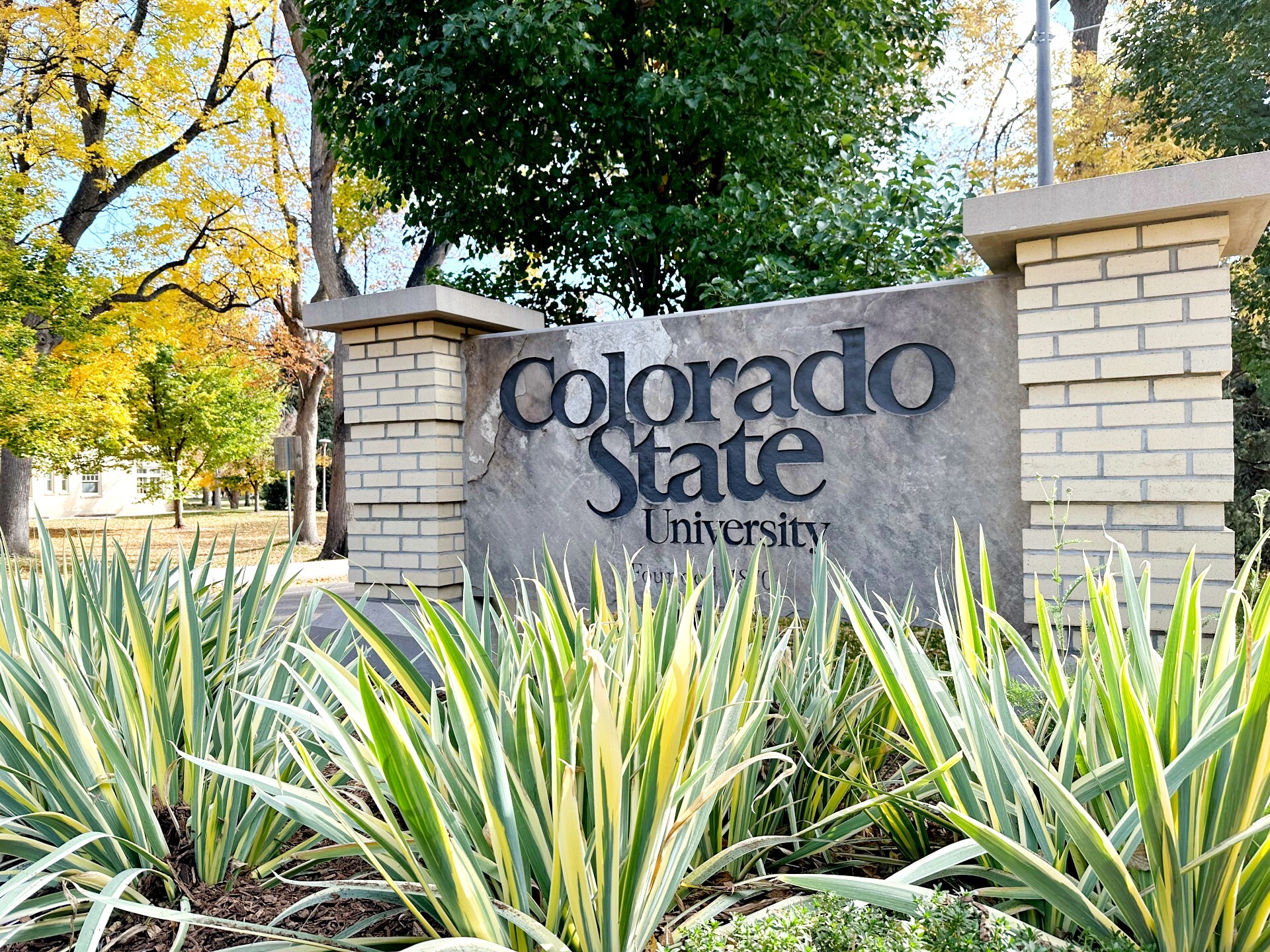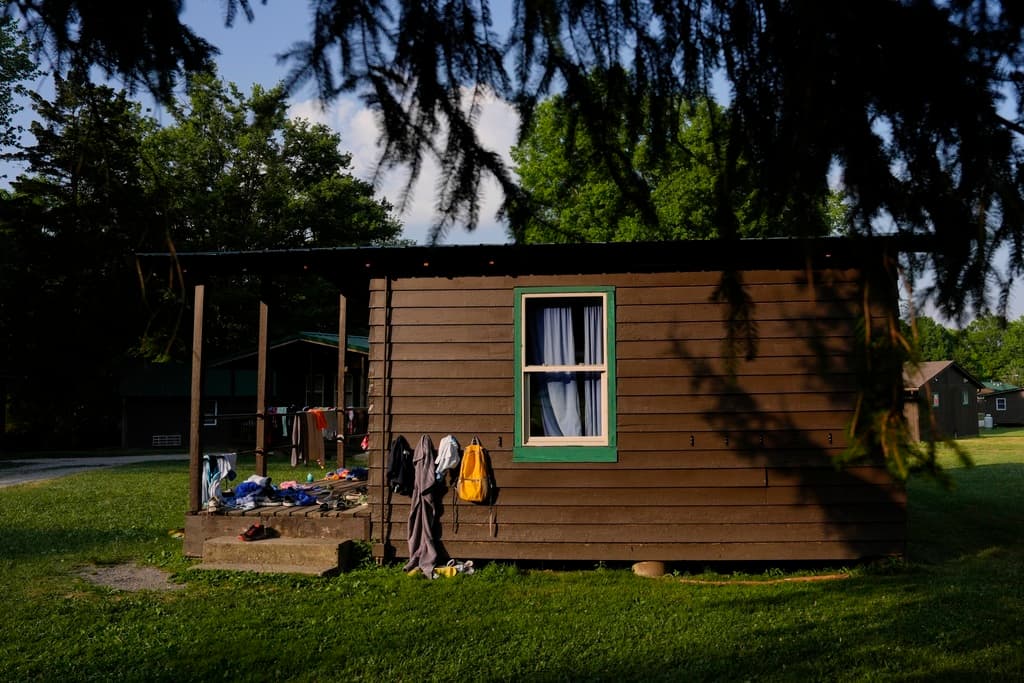
As wildfires burn in Colorado, summer camp directors like Jeff Cheley are well aware of the threat a natural disaster like a fire or flood could mean for campers. That’s especially true after the flash flooding at Camp Mystic in Texas, which killed 27 counselors and campers earlier this month. The deaths have had a profound impact on Cheley, who heads up Cheley Colorado Camps in Estes Park, a camp his great-grandfather founded more than a century ago.
“It was heart-wrenching,” Jeff Cheley said of the news of the July 4th fatalities. “The camping community is a very tight-knit group of people. We have many friends that attend camps in the [Texas] Hill Country, so many of our families knew people that were impacted … and I couldn't imagine what they were experiencing.”
Critics have said there were multiple failures that resulted in the deaths, including the location of cabins in flood zones, poor cell phone service in the area, and delayed evacuation orders despite a flood alert from the National Weather Service.
Jeff Cheley said he can’t speak to whether officials at Camp Mystic were sufficiently prepared or not.
“I wasn’t there and don’t really know their topography or emergency plans,” said Cheley. “I do know they were very experienced directors.”
However, critics point out that Mystic was not accredited by the American Camp Association, which requires specific safety and emergency measures, while many summer camps, including Cheley Colorado Camps, are accredited by the ACA. Cheley Camps is also licensed as a childcare provider in Colorado, which also has emergency procedure requirements.
“So I think as parents are looking at camps, that would definitely be something I would be asking is, ‘Are you accredited by the ACA? Are you licensed by childcare licensing?’” said Cheley.
The ACA issued a statement about the nature of its accreditation process in light of the deaths at Camp Mystic.
“Accreditation is a voluntary process, separate from state licensing, through which camps agree to meet ACA’s national standards for health, safety, and risk management. Accreditation involves an in-depth review and an on-site visit by trained ACA reviewers,” said ACA’s interim president and CEO, Henry DeHart.
Cheley said his family’s camp has faced serious threats in the past, most notably from the Big Thompson flood in July 1976, which killed 144 people. No one at the camp died in the flood but the camp had to evacuate units close to the river. Cheley said he was young at the time, but his father kept video of the incident.
“I can tell you anytime a camper comes back [who] was here for the summer of ‘76, that's the first thing that they share,” said Cheley.
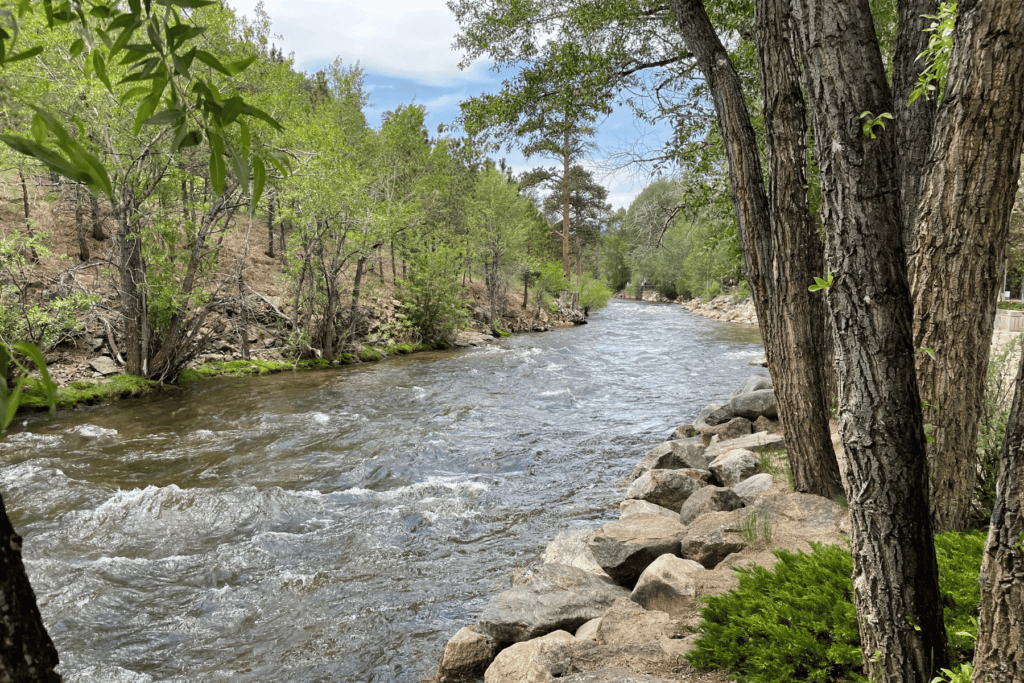
He said the lack of sophisticated communication technology at the time was probably one reason for the dozens of fatalities.
Cheley said the camp has navigated flooding and fire danger in the past. In 2003, Cheley Camps had to evacuate campers from their main property to other properties due to a nearby fire. And, in 2013, floods hit the area while a school group was visiting and they had to relocate some staff, but there were no injuries or damage to the camp despite some significant land damage.
Cheley said his camp has a multi-pronged warning system in the event disaster strikes and the camp has an experienced leadership team, including himself and his sister, who have worked there since the late 90s.
“We’ve got professionals and we’re working with other camp directors and talking about [these issues.]”
Cheley said his camp also runs scenarios with staff in the on-and-off season and does emergency training with the campers.
“Within 24 hours of all the campers being here, we'll do a fire drill,” said Cheley.
He said the campers know they’d have to gather in a certain area and they aren’t released until everyone is accounted for.
“We can kind of talk through that. ‘Here's where we would meet’ and then we would let them know that, ‘Okay, we're going to pack our bags and leave, or this is the plan.’”
Cheley hopes what happened at Camp Mystic doesn’t discourage parents from sending their kids to camp. He said there are always inherent risks in raising children, but he thinks the rewards of summer camp far outweigh the risks.
“Most camps are in wilderness areas. That's what makes camping such a wonderful experience. There are some risks that come with that, whether it's floods or forest fires or other natural disasters.”
He said campers meet people from across the country, they learn how to build community and do hard things.
“I think there's [a] higher risk of a child sitting in the basement playing Xbox all day,” Cheley said. “Children at camp [are] just more grounded. They just seem more comfortable in their skin.” Cheley said summer camp teaches kids how to navigate being kids and in the meantime, have lots of fun.

